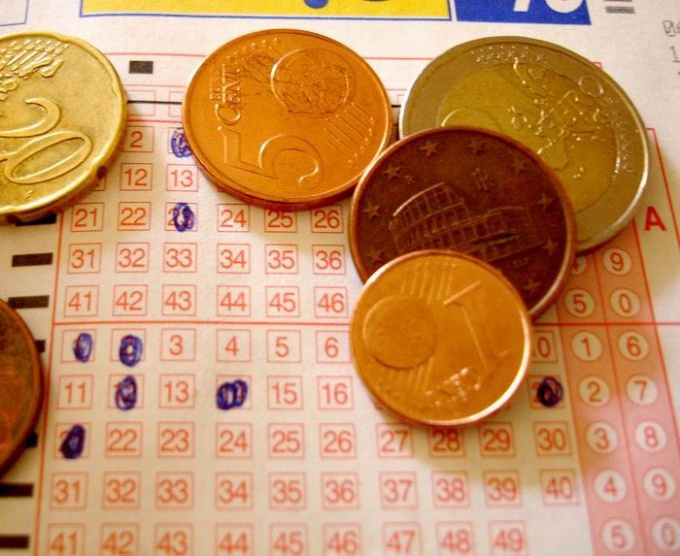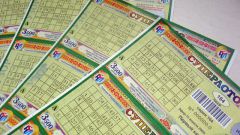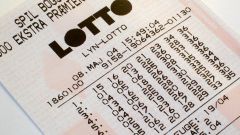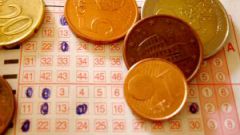Why popular lottery?
The idea of the lottery is, in principle, does not give reason to doubt the honesty. However, we must not forget that the lottery is, in fact, profitable and stable way to earn money for its organizers. The point is that the prize money is always less than the income from ticket sales (usually it is no more than a third of the amount collected). Of the remaining funds part of it goes to taxes and necessary expenses: printing tickets, organizing Raffles, advertising, and the rest of the money are the net profit of the organizers. Accordingly, in their best interests that the lottery was fair, because the better the reputation of the organizers, the higher the income.
It is necessary to distinguish between lotteries and games. The organizers of the lottery much less opportunities to cheat than those who holds rallies related to the scoring or collecting anything.
Don't forget that the mechanics of the lottery arranged in such a way that the chances of winning are very small. After all, played only a third of the funds raised, and therefore, even if all wins were equal to the price of the ticket, then the money would be returned only to a third party. And since in reality the size of the most significant wins maybe hundreds of thousands of times more than the cost of one ticket, it turns out that the probability of winning the lottery are slightly more likely to die from a falling meteorite. For example, in one of the most famous lotteries of the United States of America the probability of getting jackpot is one-millionth of a cent. Of course, someone wins a lot of money, but those who do not receive anything, much more, therefore, seriously to count on the lottery as a source of income is not (unless you are the organizer).
The case in probability theory
Also, do not forget about the law of large numbers, the essence of which is that the probability of any event is closer to real only when a sufficiently large number of experiments. In practice, this means that you can flip a coin ten times in a row and it falls heads up, despite the fact that the probability of one of the parties is 50%. To achieve an equal amount of deposition heads and tails, you might need a few thousand tosses.
To increase the chance of winning can cooperate with other people, and, for example, in the United States is a normal practice to buy tickets chipped.
With regard to the fairness of the conduct, you can complain about virtually anything. Any lottery is the distribution of the prize Fund among participants, selected at random. Another important caveat is the procedure of payment of the winnings, and taxes that are levied. Their size depends on the laws of the country where the lottery is held. For example, in Russia the duty of paying tax on the gain covered by the organizers, so the winner gets exactly the amount that was called.






